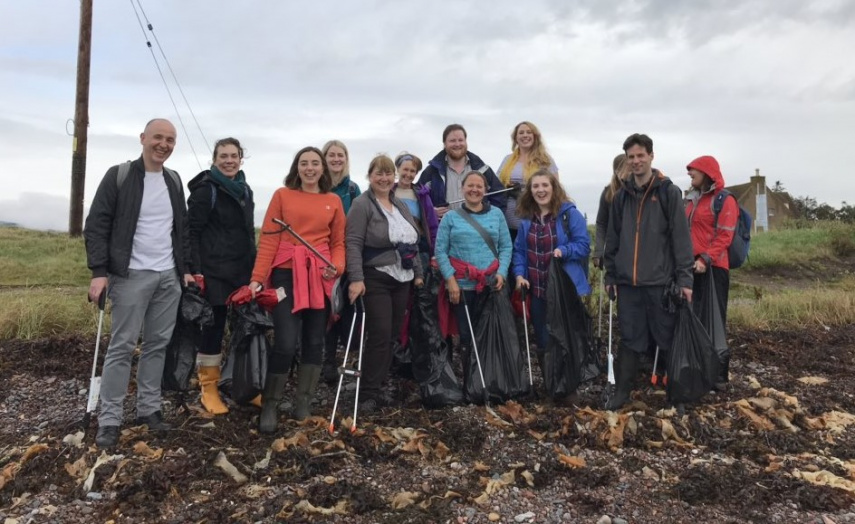
Community engagement: cautious optimism – with room to improve
Gemma Campbell
Gemma Campbell, our Land Rights and Responsibilities Manager, explores the results of our 2022 community engagement surveys, comparing them to the 2019 results with cautious optimism and a look at where we go from here.
Surveys
Community engagement in decisions about land is a fundamental expectation of those who own and manage land, and brings benefits to all parties. To understand experiences of community engagement activities relating to land, the Commission carried out two surveys in 2019 to establish a baseline from which progress can be measured: one for landowners and managers (from all sectors), and one for community organisations and individuals. The surveys were repeated in 2022 to understand progress made and what additional support, guidance, or changes might be required to encourage and enable more effective engagement in relation to land use decisions.
Results
In 2019, we reported that there was still a lot of room for improvement when it comes to community engagement, as well as a need to promote greater communication and understanding between landowners and communities. The snapshot provided by the results from our 2022 surveys suggests that some cautious progress has been made, but the variation in experiences reported by respondents to both our communities’ and our landowners’ surveys show us that there is still a need to build understanding of what good engagement looks like and what can reasonably be expected in different situations.
In 2019, 10% of landowners and managers surveyed did not believe it was appropriate to engage with their local community. Encouragingly, in 2022 this fell to just 5%. Of those who did engage with communities, a wide range of benefits from engagement were identified, including that:
- Engagement means contentious issues can be addressed head-on
- Communities can better understand and ‘buy in’ to decisions being made
- Expectations can be effectively managed
- Speculation and misunderstandings can be prevented, and positive relationships built.
However, most community respondents (63%) felt their views did not have much of an influence on the decisions made about the way land or buildings are used or managed in their community –a contrast to landowners and managers, 79% of whom indicated that community views do have an impact on their decisions. This suggests there may be a difference in the way engagement is viewed and evaluated by different parties.
Community respondents were also asked about the effectiveness of engagement they participated in and 50% reported that it was at least somewhat effective. When asked to identify ways in which community engagement could be improved, respondents’ suggestions included more direct communication, including meetings, workshops, and citizens assemblies, and better availability of information.
Next Steps
It is encouraging to see the land owner and manager survey respondents report the benefits they have realised from engaging with communities. We know from our experiences at the Commission that peer-to-peer learning and networking are important and valued ways for people and organisations across different sectors to learn about good practice and find new ideas that they could apply in their own situations. Land owners and managers can play an important role in sharing their stories of positive community engagement and the benefits it brings.
Since our community engagement protocol was published in 2019, we have received many enquiries on the subject, from communities experiencing situations that do not align with the protocol’s expectations, and from landowners and other decision-makers looking for advice on how to engage well. We will continue providing advice and guidance on engagement, helping people to resolve issues and build better relationships. We are mindful that our protocols and our work on land rights and responsibilities are voluntary and we cannot compel anyone to engage, but there are real opportunities to continue improving the quality of engagement across all sectors, ensuring that it is accessible, inclusive, meaningful, and delivers benefits for all involved.
